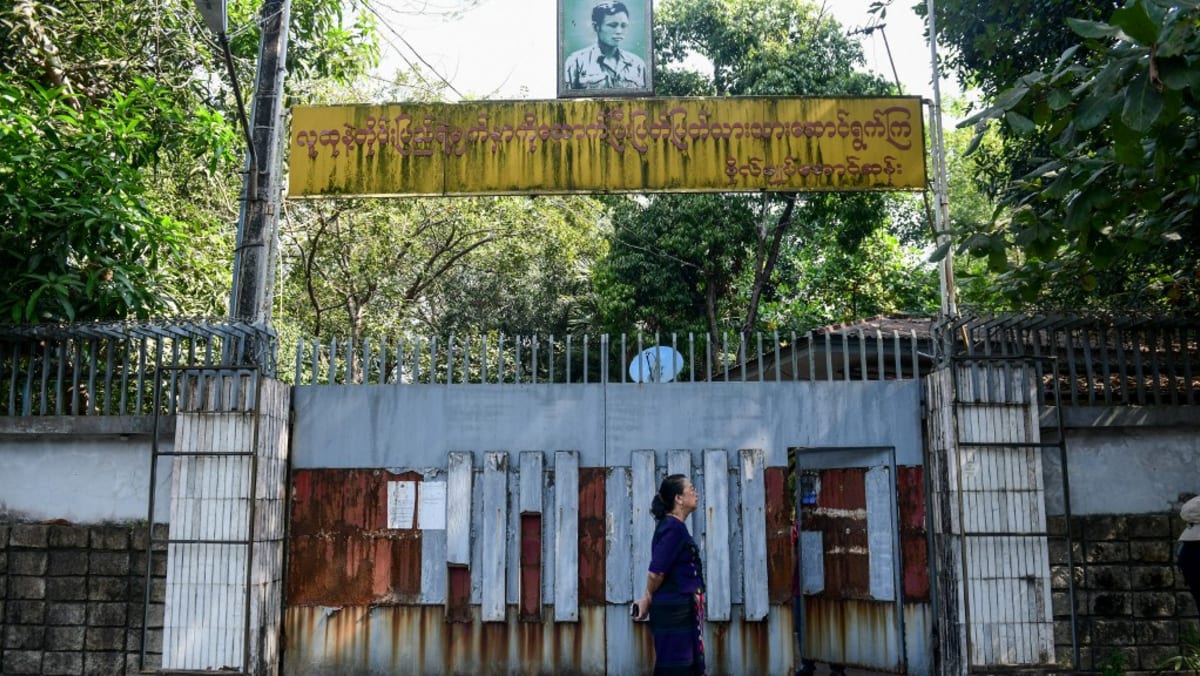SINGAPORE: Some family doctors have seen more cases of shingles over the past two years, with experts estimating that up to 30,000 people in Singapore get the viral illness every year.
Doctors attributed the increase in the painful and itchy condition to the ageing population, and weakened immune systems from the COVID-19 pandemic.
For instance, Dr Kelvin Goh, medical lead at United Primary Care Network, observed that during the pandemic, many patients who contracted COVID-19 went on to develop shingles.
Similarly, Dr Adrian Poh, who oversees 38 clinics as the medical director of HMI OneCare Clinic, said he has observed about 10 per cent more patients with shingles since the pandemic.
“The risk for shingles may remain elevated for up to six months after COVID infection. But I think the jury is still out as to the exact mechanism and connection between COVID infection and shingles reactivation,” he added.
According to a study conducted by pharmaceutical giant GSK released in 2022, people aged 50 or older who contracted COVID-19 were 15 per cent more likely to develop shingles compared with those who were never diagnosed with COVID-19.
Shingles patients are often treated with painkillers or antiviral drugs.
While rarely life-threatening, doctors said the illness can cause intense pain for weeks and, in the worst cases, years. This pain can be debilitating as the infection can result in nerve damage, they added.
What is shingles and how is it different from chickenpox?
Shingles may seem similar to chickenpox, causing itches and aches. But the two illnesses differ in how they develop and who they commonly affect, doctors told CNA.
Shingles and chickenpox are caused by the same varicella-zoster virus.
While chickenpox happens most often in childhood, the virus stays in the body and can reactivate later in life, developing into shingles.
Those who have had chickenpox before therefore may be at risk of shingles down the road, especially past the age of 50.
While chickenpox is highly contagious - spreading via blisters, saliva or mucus of those infected - shingles is not passed from person to person.
However, a person who has never had chickenpox can contract the infection from someone who has shingles.
Symptoms like fever and headache for both illnesses are similar.
For those with chickenpox, bumps appear about two days after other symptoms, turning into fluid-filled blisters that eventually scab and fall off.
A shingles rash, on the other hand, leads to red patches and painful blisters and usually affects one side of the body.
Collapse Expand
LINK BETWEEN SHINGLES AND AGE
Any illness that may suppress the immune system can allow the chickenpox virus lying dormant in the body to reactivate, said Dr Shawn Vasoo, clinical director of the National Centre for Infectious Diseases.
He added that the incidence of shingles increases with age due to a weakened immune system.
He noted that while there is no local data available, international statistics show that about 20 per cent of shingles cases affect those aged between 50 and 59. About 40 per cent of cases happen in those aged above 60.
“Those who live up to about 85 years old - about half of them will develop shingles in their lifetime,” he said.
PROTECTING AGAINST SHINGLES
While a shingles vaccine is on the market, it can cost nearly S$1,000 (US$740) out of pocket.
The Ministry of Health said in response to a question in parliament in November that it is not subsidised in Singapore due to cost effectiveness concerns, and that the ministry remains in discussion with the jab's manufacturer on pricing.
"We can't expect the government to subsidise everything. So if you are above 50, I think for your personal needs, you may want to consider doing a vaccination,” said Dr Goh.
This goes especially for those who have diabetes or are otherwise immuno-compromised, he cautioned.
Meanwhile, doctors say a more viable prevention way is to be vaccinated for chickenpox, which is free for all Singaporean children. That is because shingles can only develop in someone who has had chickenpox before.
They also advised a healthy lifestyle, with regular exercise and good nutrition, to strengthen the immune system and prevent contracting shingles.



.jpg?itok=HVcXoYme)










































